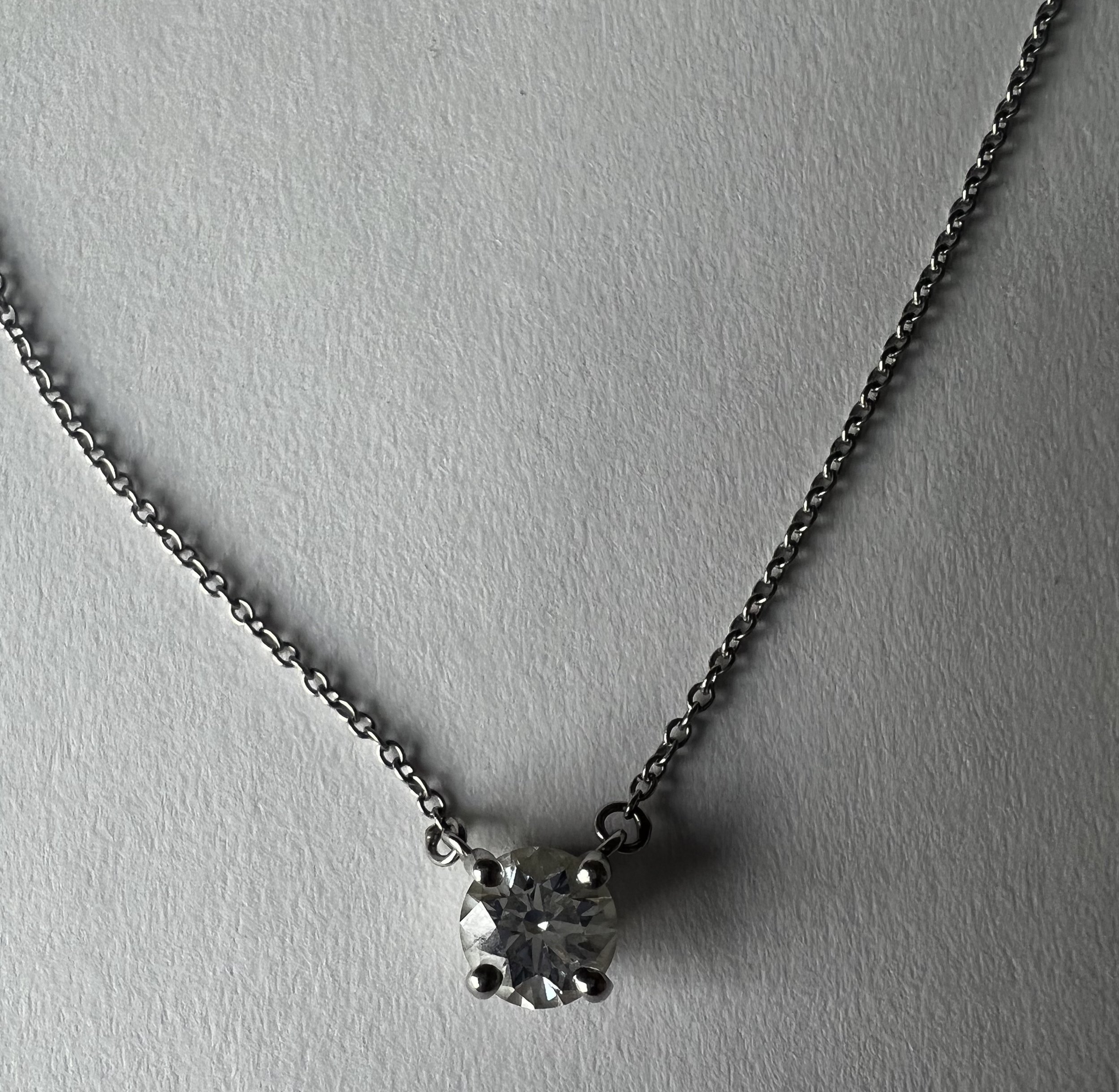Case study 3: An antique necklace
For my next case study, I have decided to draw inspiration from my own life. A relative received a necklace from her mother, a family heirloom that had been passed down by the women in her family for generations. She and her boyfriend wanted to get engaged, but they couldn’t afford a nice ring, so they considered taking the diamond from the necklace and having it put on a ring. The relative in question asked for advice from some family members and friends, since she did not know if taking apart the necklace was an ethical choice. This story makes for a unique situation, since we are not talking about an item bought from an antique store or found at an estate sale, but a heirloom that was given to the current owner as a gift. This fact poses an interesting question: is it ethical to alter heirlooms?
Arguments against alteration
You are altering a family heirloom and erasing history
Heirlooms are meant to be passed on
You are devaluing the necklace
There are better alternatives
An obvious argument against altering the necklace is the fact that it’s a family heirloom. More than any item bought at a store, the necklace is special, a physical embodiment of generations of memories and history for a family. Taking apart the necklace would erase all of that meaning. Additionally, I must stress that heirlooms are meant to be passed on to future generations. The necklace may have been given to my relative as a gift, but there is a suggestion that she only has temporary ownership of it, as she will likely one day pass it down to her own child. If she does not really own the necklace, only possesses it for now, is it hers to alter? Furthermore, most diamond necklaces hold a lot of value and taking the necklace apart may lower its worth on the market if it ever needs to be resold. Lastly, better alternatives for diamonds exist. For example, lab grown diamonds are typically much cheaper than real diamonds and look the same. You can also purchase a used diamond or a less expensive gem stone. Diamonds are not the be-all and end-all of engagement rings. In this instance, my relative does not need to take apart this meaningful and valuable necklace in order to create a ring, and doing so would be unethical.
Arguments for alteration
Alteration saves money
The item still exists, just in a different form
If you are set on getting a real diamond engagement ring, but cannot afford one, altering an existing piece of jewelry would be cheaper than buying a new diamond. Additionally, while you may take the necklace apart, the heart of the necklace—the diamond—still exists, only in a different form. The ring can still be passed down through a family as an heirloom. Therefore, in altering the necklace and turning it into a ring, the necklace is not destroyed, rather modified. You are not erasing history, but potentially creating a new tradition.
